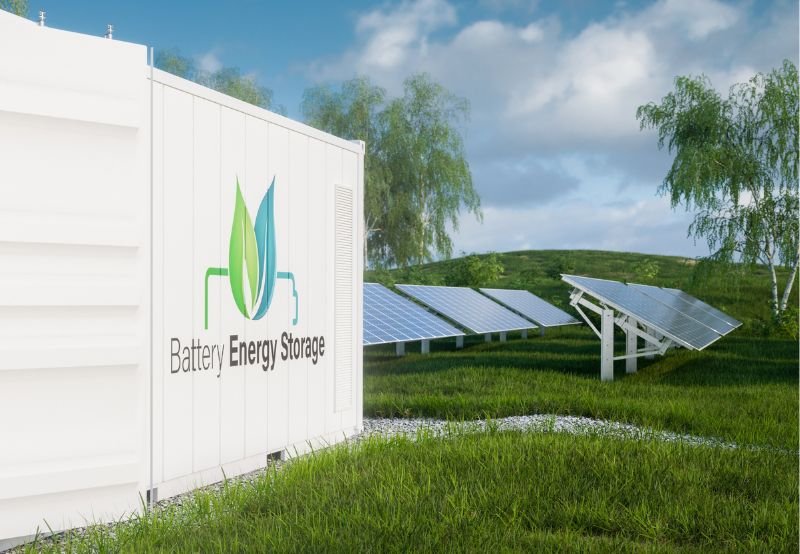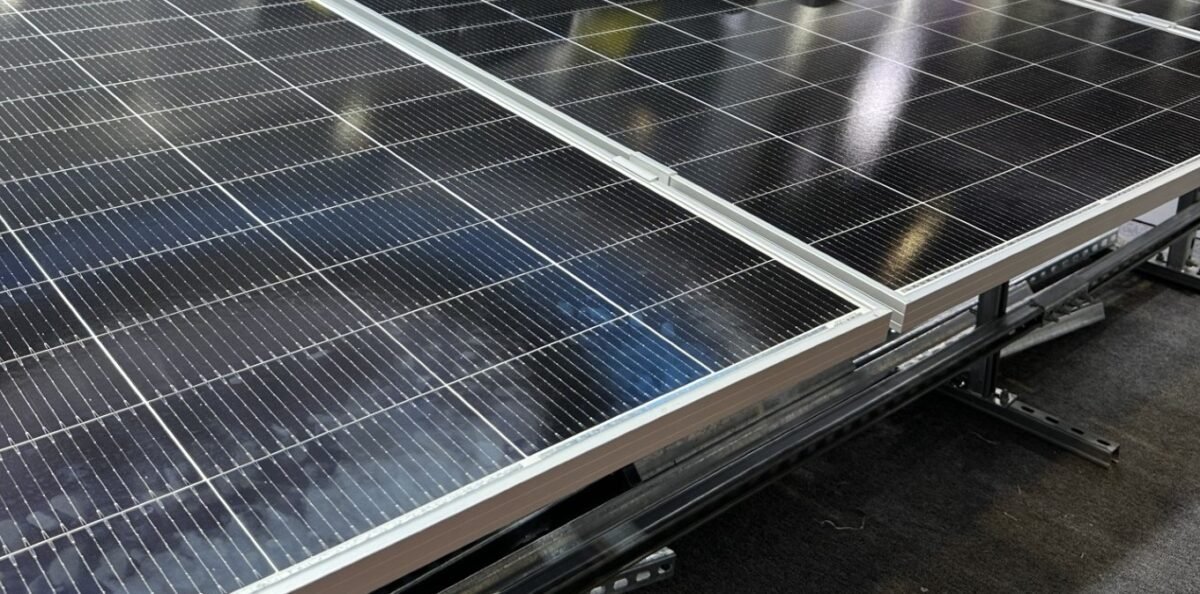GM and Redwood Materials Partner on EV Battery Energy Storage
General Motors (GM) just shook hands with Nevada-based battery recycler Redwood Materials. The deal? A non-binding memorandum of understanding to ramp up energy storage systems using both fresh-off-the-line U.S.-made batteries and second-life packs from GM electric vehicles. This partnership is a significant step towards a circular economy for solar and storage.
Repurposing EV Batteries for Energy Storage
You’ve heard of battery storage. You’ve heard of EVs. But throwing used EV batteries into grid-scale storage? That’s where things get interesting. Kurt Kelty, Redwood’s CTO, put it bluntly: grid-scale batteries are shifting from “nice-to-have” to critical infrastructure. This innovative approach can be compared to the use of European-sourced residential batteries in homes.
How Second-Life Batteries Actually Work
Here’s the nitty-gritty: EV batteries don’t just die when they hit 70% capacity. They’re retired from cars but still pack enough juice for stationary storage. Redwood takes these packs, refurbishes them, and pairs them with new batteries—like mixing vintage wine with a modern blend. This process is similar to the sustainable innovation in solar energy that’s happening worldwide.
Benefits of EV Battery Repurposing
This partnership between GM and Redwood Materials can lead to cost-effective storage solutions that don’t demand virgin materials. It’s a win-win for both companies and the environment. Moreover, this approach can also help in reducing the costs associated with battery refurbishment.
The Solar Angle: Storage Gets Cheaper
For solar installers, this matters. Pairing PV systems with storage is a no-brainer, but costs have been a hurdle. Second-life batteries could slash prices, making solar-plus-storage projects pencil out faster. Imagine offering clients a US-made solar storage solution that’s both eco-friendly and budget-friendly.
What’s Next? Hint: Policy Plays a Role
This isn’t just about tech. The Inflation Reduction Act’s domestic content rules give this deal legs. By using U.S.-made batteries and recycled materials, GM and Redwood tap into incentives that offshore players can’t touch. It’s a reminder that policy shapes markets as much as innovation does.
So, will your next commercial solar project include a Redwood storage system? Honestly, it might not be long before that’s the norm.





